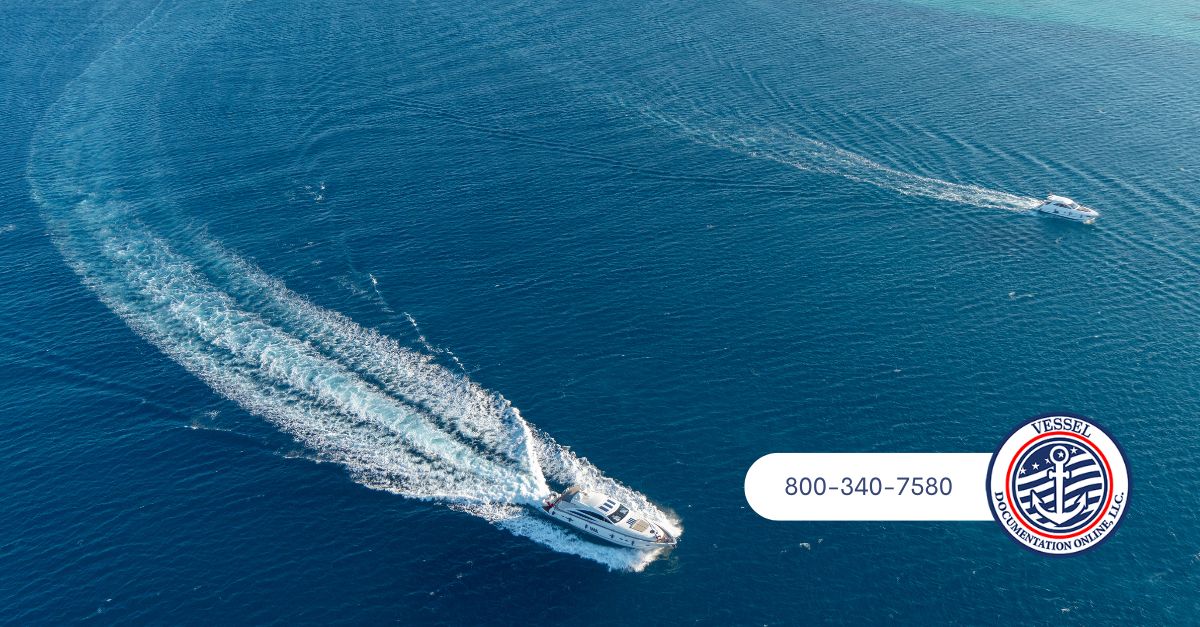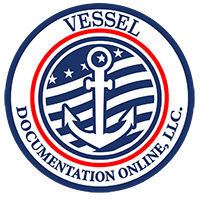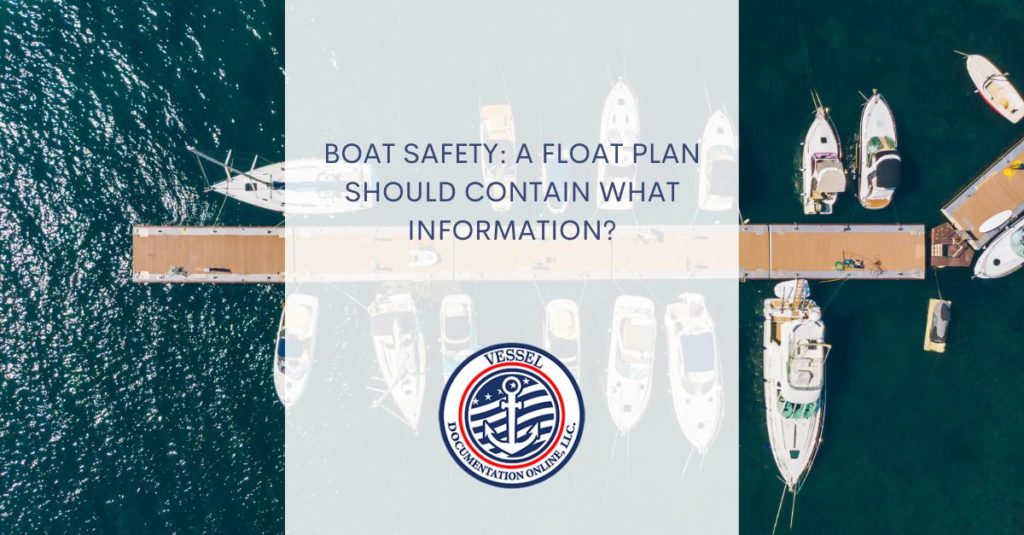Spending time aboard a recreational vessel with family and friends can be super fun, but it can also be potentially dangerous if you don’t know what you are doing and are not properly prepared for any unforeseen circumstances. When planning a trip, no matter how short, it is always good practice to put together a float plan that all of your passengers can refer to.
This is a package that provides all of the important details of your voyage and overall helps to ensure safety by making sure that all people on board know what is going on. It is also extremely useful should you fail to reach your intended destination and the coast guard needs to be informed. With this in mind, here is the answer you need to the question “a Float Plan Should Contain what Information?”
What Information Should Be Included?
To be as thorough as possible, you should include the name, registration number, type, and distinguishing features of your vessel. Additionally, include dimensions, length color, hull type, and all of the communication equipment that you have on board. Specify the dates and times that you are planning to depart and also to return. List your intended route with the departure and destination points, along with any planned stops and waypoints along the way.
Who To Give The Float Plan To
Essentially, you should give a copy of your float plan to somebody that you trust is going to be on land. This person should also be able to monitor your return date, can alert authorities if necessary. This should be a person who you know you can rely on.
What To Do Before You Leave On A Trip
Even the best-made float plans in the world are subject to obstacles and unforeseen incidents. Before leaving for your intended trip, make sure that you have all of the relevant safety equipment on board such as flares, life jackets, first aid kits, and fire extinguishers. They all need to be in good working order and easily accessible to everyone and anyone who is going to be on board with you.

Common Mistakes That Are Made
The biggest mistake a person can make is writing up a good float plan and then forgetting to leave it with a trusted friend on the land. Also, even if you do remember to do this, you must also keep in mind that you need to update the details of your float plan with the person on land if anything happens to change your course or your plan of action when you are out on the water.
So, if you need to fill out any essential documentation for your vessel to ensure you have all of the up-to-date permits that can satisfy the question “a float plan should contain what information”, don’t hesitate to have your application processed via the Vessel Documentation Online. Feel free to get in touch with a member of the experienced team if you have any specific questions that you need answers to. We look forward to being able to help.




